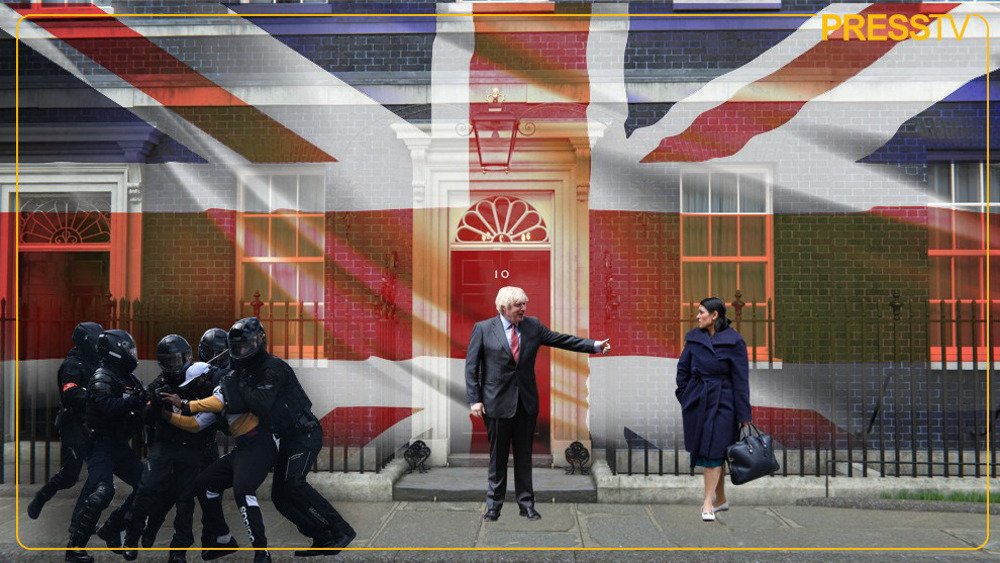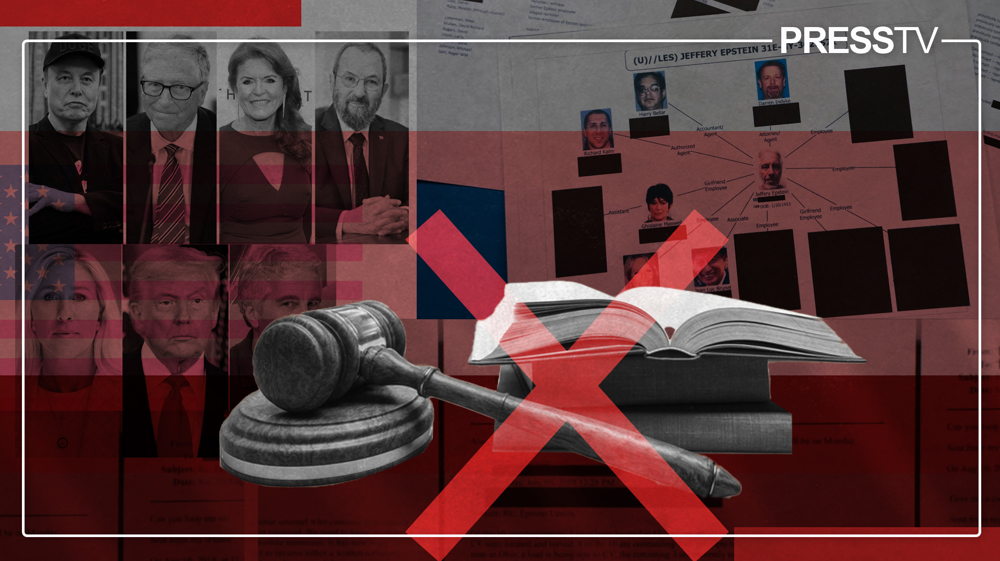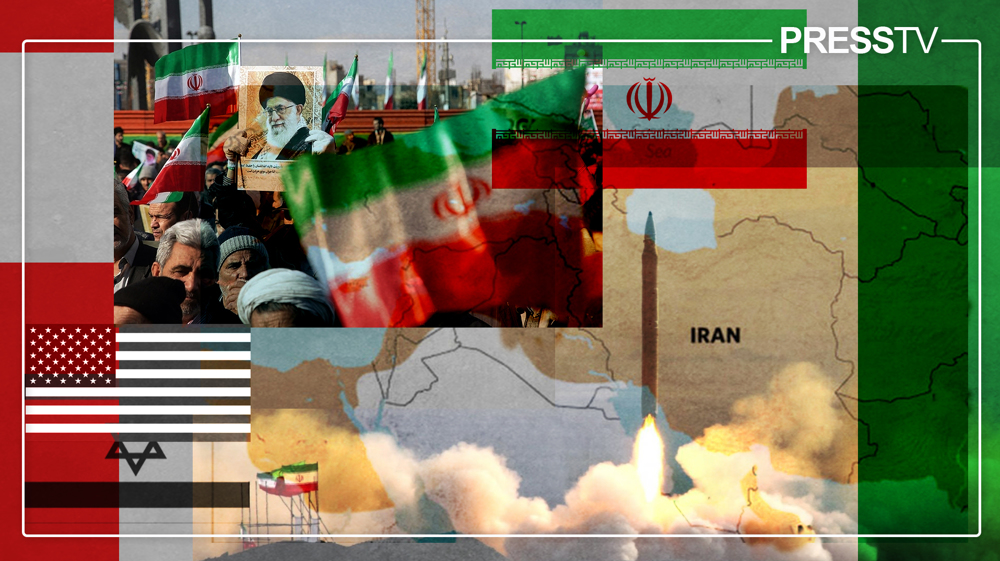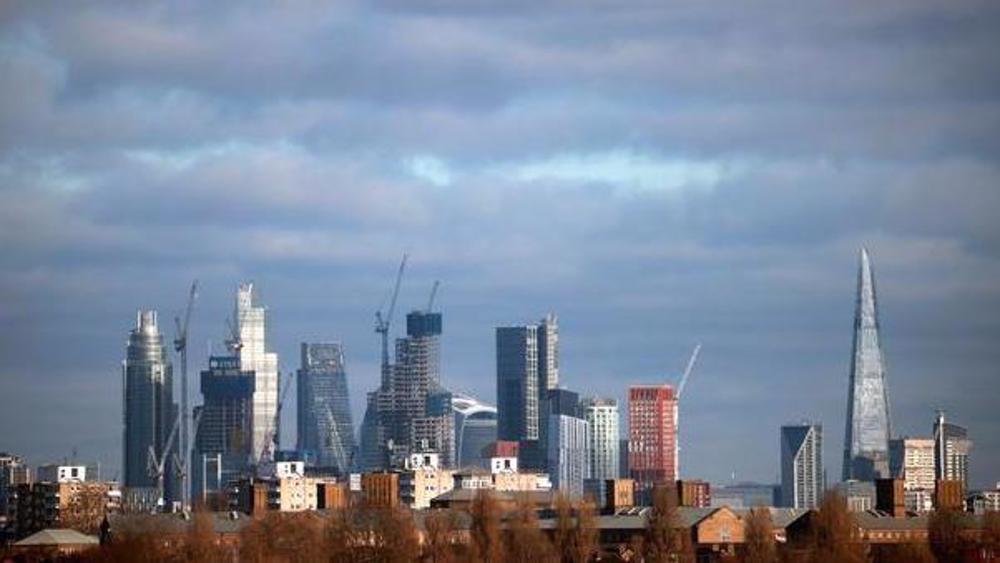More power for UK police would lead to disaster
By Richard Sudan
(Richard Sudan is a journalist, writer, and TV reporter for Press TV.)
The past few weeks have seen more and more questions and debates surface around the concern that Britain is fast becoming dangerously more authoritarian, with opposition and anger continuing to gain momentum as the Police Crime Sentencing and Courts Bill makes its way through parliament, en route to becoming legislation.
The government claims that they need more powers to crack down on what they argue are episodes of unlawful disruption. But opponents to the move believe that more powers in the hands of police forces, often already riddled with problems, simply spells outright disaster.
The bill, which could become law, is causing such concern among the public that ironically it has produced more of what it aims to suppress, in the form of mass protests taking place up and down the country.
And the conduct of police in those protests has, for many people, actually helped make the case as to precisely why police should not be given any more powers.
Critics say the police should simply manage the powers they already have, and should not be given any more powers or discretion to decide what constitutes so-called disruption and what passes as legitimate protests.
Part of what many people in Britain claim to be democracy is the freedom to protest and to hold the government and the powerful to account through demonstrating. Activists maintain that the law, which could further criminalize certain communities that are already marginalized, will almost certainly make it even easier for police to suppress any protests entirely. Some analysts have said that the power of protests, including the Black Lives Matter protests of last year, were too much for the authorities to handle, in every respect.
One of the more controversial scenes at the London protests was police protecting a statue of former British Prime Minister Winston Churchill — who is described as both the greatest Briton ever and also as a racist by various sections of the public — which happened in the wake of the toppling of a monument of Edward Colston.
Some also strongly contend that the proposed legislation isn’t simply about statues or merely disruption; they say that the new powers for police are about controlling the power of the message of the protests, particularly as debates about the Black Lives Matter movement, racism, and also the royal family continue to rage.
In many ways, the last few weeks have certainly proved to be a PR disaster for police.
Sarah Everards’ tragic death several weeks ago, accompanied by the news that a Metropolitan Police officer had been charged with her murder, infuriated the public. It’s also alleged that the police officer accused of her murder may have lured Everard to danger by using his identity as a police officer.
Then, the conduct of the police at a vigil for Everard further fermented that anger, as footage began to emerge of female attendees literally being manhandled by male police officers, at a time when both police and the issue of women’s safety at the hands of men were being discussed across the nation.
All of this cast focus and attention on the police bill, which, while not new, became the subject of renewed focus.
As the protests demanding to ‘kill the bill’ began to take place and swell to even greater numbers across Britain, some headlines and police forces began to circulate the claim and reports suggesting that protesters had instigated serious violence, including the suggestion that some officers had even suffered broken bones. This was later acknowledged not to be the case.
In recent days too, it came to light that a police officer had also been a member of a banned neo-Nazi group and of being in possession of terror documents. While the police did rightly take swift action, instances like these have led many people to say that rather than being given more powers, police need to focus on reforming their recruitment procedures in addition to addressing long-standing issues like deaths in custody, which disproportionately affect Black communities.
Protests against police acquiring yet more powers will likely continue as long as the possibility of the bill becoming law exists. In one alarming twist, a former senior ranking officer has even warned of the potential of the UK heading toward a culture of paramilitary policing, as part of the potential implications of the legislation. Opposition to the bill is clear and amplified from across the spectrum, with former Prime Minister Theresa May even chiming into the debate.
Millions of British citizens are adamant and resolute that rather than the police being afforded any more powers, they simply have a duty, must balance, and responsibly manage the powers they already have in order to safeguard the wellbeing of the public they exist to serve. Millions are also arguing that ultimately, rather than a police force, police must operate as a police service and aim to take steps to restore full confidence in the public.
(The views expressed in this article do not necessarily reflect those of Press TV.)
VIDEO | 3,000 bodies of Palestinians ‘evaporated’ as Israel used banned weapons in Gaza
Iran says political pressure cannot undermine its ‘inalienable’ enrichment right
Former Trump adviser Bannon plotted with Epstein to 'take down' Pope Francis
China warns US against ‘plotting’ on Taiwan, says it risks confrontation
VIDEO | Zionist takeover of UK police
VIDEO | Trump-Netanyahu meeting
Iran’s shortest rail route between China and Europe
'Shameful': Hamas decries Western systemic campaign against UN expert Albanese











 This makes it easy to access the Press TV website
This makes it easy to access the Press TV website